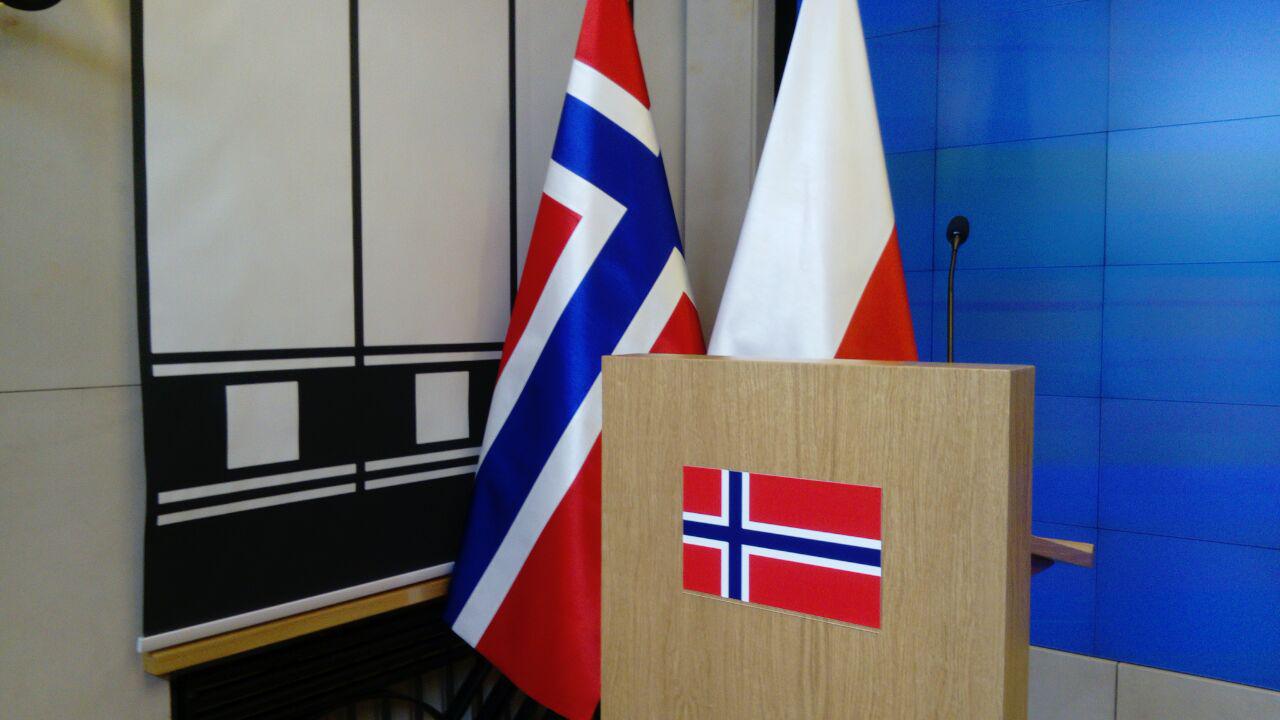The carbon capture project, in which PGNiG Upstream Norway is involved in Norway, reveals the potential for energy cooperation between Poland and Norway, which can support Poland in the implementation of projects related to wind, solar and geothermal energy. Joint work on energy storage technology can contribute to the efficient use of renewable sources – writes Mateusz Gibała for BiznesAlert.pl.
Orlen continues to make strategic decisions related to the energy transition. Recently, PGNiG Upstream Norway, a subsidiary of the Orlen Group, acquired a 50 percent stake in the Polaris Project in the Barents Sea from Horisont Energi. The project aims to use geological structures to store carbon dioxide, an important step in meeting Orlen’s carbon capture and storage (CCS) commitments as part of a broader climate policy. The Polaris Project stands out as one of the most advanced carbon capture initiatives on the Norwegian Continental Shelf. With an estimated capacity of around 100 million tons of carbon dioxide, it is expected to enable storage operations over a period of 12-25 years. The strategic acquisition fits into the ambitions of Orlen, which wants to play a key role in the regional energy transition, becoming a leader in reducing industrial carbon emissions.
The transaction not only strengthens Orlen’s position as the Polaris license operator, but also reflects the company’s commitment to providing carbon capture and storage services in response to growing industry demand. This project further underlines Orlen’s commitment to sustainability and the company’s role in shaping the future of energy in Europe. The potential of the Polaris Project to contribute to industrial-scale emission reductions and its integral role in the Barents Blue project of pure ammonia underline the broader impact of Orlen’s actions for positive environmental change. As it expands its diverse energy portfolio, including through acquisitions such as Energa, Grupa Lotos and PGNiG, Orlen is strengthening its position as a major player in the rapidly evolving energy landscape.
Will the change of government in Poland affect the Polish-Norwegian relationship?
The change of government in Poland brings new prospects for the development of cooperation with the Nordic countries, especially in the context of the new energy policy and environmental commitments. With the social democratic government in Norway and a coalition of parties in Poland, led by Prime Minister Donald Tusk, there is potential to build a strong partnership focused on innovation and sustainable development. One of the key areas of possible cooperation could be the development of renewable energy. Norway can support Poland in the implementation of projects related to wind, solar and geothermal energy. Working together on energy storage technology can contribute to the efficient use of renewable sources.
Carbon capture and storage (CCS) projects can also become an important area of cooperation, especially in the context of Orlen’s involvement in the Polaris Project in the Barents Sea. Common energy infrastructure is another area of cooperation that allows efficient energy transfer between countries. The construction of gas interconnectors can not only strengthen energy security, but also promote the integration of energy markets. Energy security is equally important, where Norway, as a natural gas producer, can support Poland in ensuring the supply of energy resources. Moreover, after the Russian invasion of Ukraine, the Norwegians became one of the main suppliers to Europe. Joint investments in gas infrastructure can contribute to more sustainable and flexible energy sources for Poland and Central European countries.
The Polish government can strengthen relations with the Nordic countries. It can focus on several important areas. The first is the exchange of experience on energy policy and sustainable development. The Nordic countries have achieved significant successes in the field of renewable energy and energy efficiency, which is an inspiration for Poland in the context of the energy transition. The second key area is economic cooperation, especially in the context of the development of innovative technologies. Nordic countries often succeed in creating modern technological solutions, and partnerships can contribute to the transfer of know-how and the joint development of new ventures. Closer relations with the Nordic countries can also accelerate the achievement of common goals for reducing greenhouse gas emissions and promoting sustainable development.









